Lemongrass /Cymbopogon citratus/, is a tropical perennial herb of the Poaceae family. Has high acute leaves, grows in clusters on stalks. It reaches a height of 15 cm Home of lemongrass is India, but is grown in Sri Lanka, Indonesia, Africa, Brazil and Guatemala.
In the years, it has established itself as one of the spices used in Thai and Vietnamese cuisine. Nowadays, it’s widely cultivated in California and Florida. It’s gradually moving into European cuisine and its fame will soon be global. Lemongrass belongs to aromatic perennial herbs with a strong lemon scent.
Composition of lemongrass
Raw lemongrass is rich in vitamin A, vitamin C and B6. Its composition also includes citronellol and geraniol. The plant is valued primarily for essential oil, which is found in the leaves. It is rich in Citron - between 80-85%.
Selection and storage of lemongrass
You can buy lemongrass at stands of exotic spices in larger chains. You'll find it in powder, paste or canned. Store it as directed on the label. Lemongrass is sold in some online stores. Fresh lemongrass is stored in the refrigerator in plastic bags for about 2-3 weeks. Freezer can keep it to half a year.
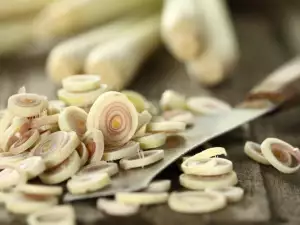
Growing lemongrass
Lemongrass is a tropical plant that does not tolerate negative temperatures. Likes sun and should not leave the shaded areas. The soil should be rich in nutrients, but also permeable. Lemongrass likes swamping. Needs to be watered frequently.
Lemongrass in cooking
Lemongrass is an excellent spice makes for a pleasant lemon flavor in dishes without them acidifying - property typical lemon. The leaves and stems are used fresh or dried state. Lemongrass is extremely popular in Caribbean and Asian cuisine. Most often used to flavor sauces, soups, other drinks, hot tea, marinades. Its pleasant aroma is suitable for fish, poultry, meat and seafood. Chopped lemongrass can be consumed in fresh form.
Chunks or whole stalks lemongrass are added to the dish, and when it is ready remove. Dried lemongrass powder used for adding to drinks.
Benefits of lemongrass

Lemongrass has a very good effect against headaches, fatigue, stress, irritability and inability to concentrating. It also relieves the symptoms of flu and colds, laryngitis, cough and bronchitis. Improves digestion and reduces pain in muscles and joints.
Lemongrass oil has pronounced antifungal properties. Helps with insomnia, acting as antiseptic. There are also repellent qualities - high content of oil chases the mosquitoes and other unwanted insects. It is believed that the lemongrass has good anti-cancer properties - kills cancer cells without affecting healthy.
To make infusion of lemongrass, add 1 tablespoon it in 500 ml of boiling water. Brew under cover between 5-10 minutes. Filter and take 150 ml 3 times a day before eating. Of course, the best is to consult a doctor before starting any self treatment.
Lemongrass in cosmetics
Essential oil of lemongrass has a very good antioxidant, refreshing and soothing effect. Relieves skin eczema, controls sebum secretion and shrinks pores. Lemongrass has good deodorizing effect and reduces perspiration. Successfully fights cellulite and acne. Often used in perfumery for its strong yet pleasant aroma.
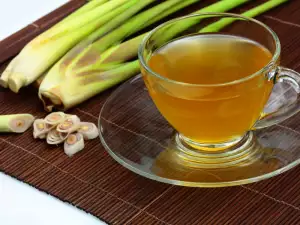
For cellulite massage, mix 20 drops of essential oil to 50 ml almond oil. Rub the skin vigorously. If you want to get rid of unpleasant pores, mix 30 ml almond oil and 2 drops of lemongrass. Apply to face, leave for 10 minutes and rinse thoroughly with lukewarm water.
To treat acne make a mixture of 2 drops of sage, 2 drops lemongrass and 10 ml almond oil. Apply on the face for 10-15 minutes and rinse thoroughly.
If you want to take a bath, which is both refreshing and has an anti-cellulite effect, prepare a bath in which dissolved are 10 drops of lemongrass and sea salt.
Dangers of lemongrass
Oil from lemongrass is contraindicated in pregnant women, epileptics and children under 3 years of age. Be careful when first in contact with this oil because it is prone to an allergic reaction.
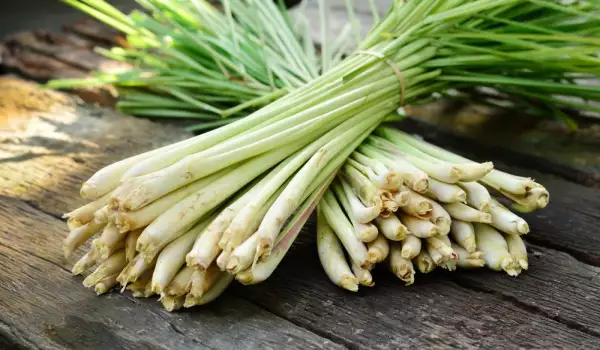
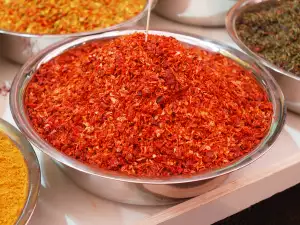
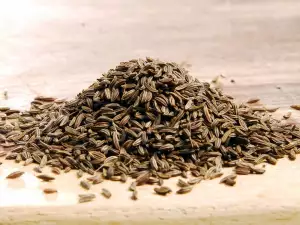
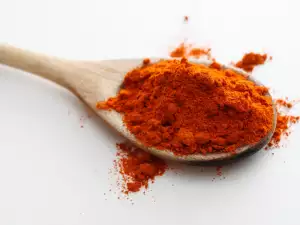
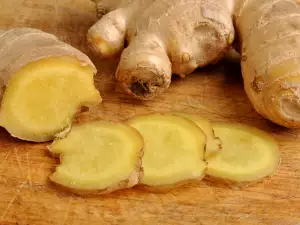
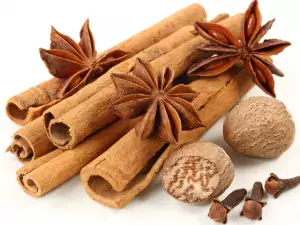
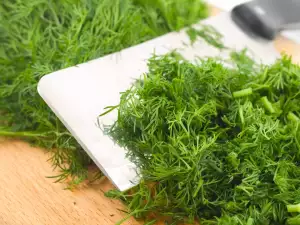

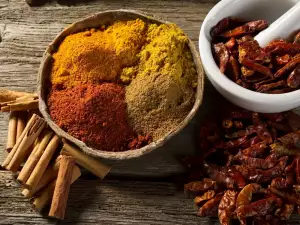

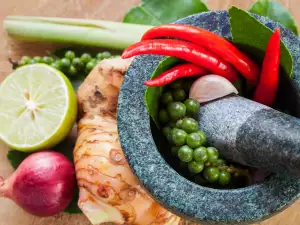


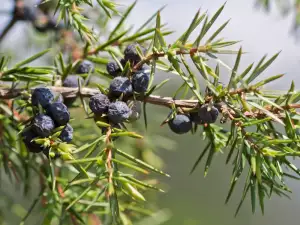
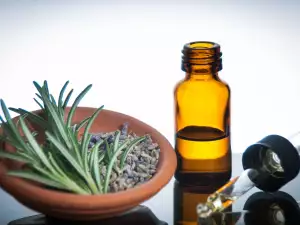
Comments